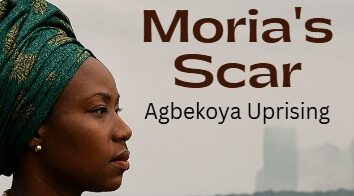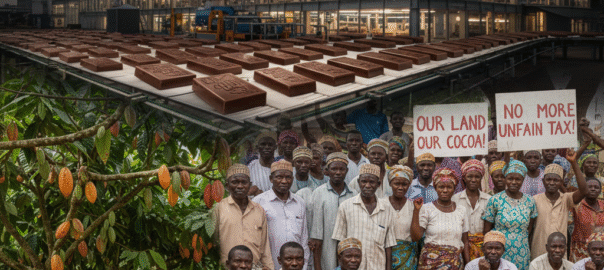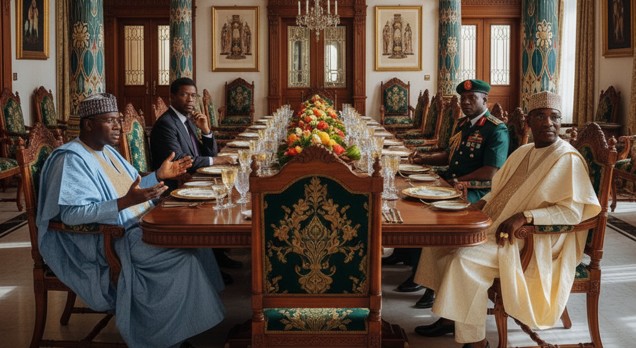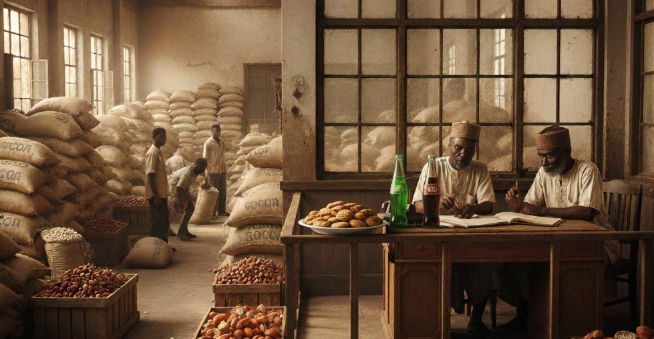02Mar
Tag: Agbekoya
Moria’s Scar – Nigeria Launch
"Never again should the profit motives of other nations be allowed to condemn an entire community of farmers to poverty and death." - Moria
Moria’s Scar – Nigeria
"Never again should the profit motives of other nations be allowed to condemn an entire community of farmers to poverty and death." - Moria
The Man Died
Moria returns to Boston, accosting Erik with her findings. Unfortunately Erik's ill health could not allow Moria to get him accept culpability for the economic woes and death suffered by the Agbekoya and communities in Western Nigeria.
She gave her most powerful message, "You didn’t just lower the price of cocoa; you lowered the value of men’s lives. And when men lose their dignity, they reach for a weapon."
The Bird on a Wire
Now, in the meeting room, Chief Fajemirokun stood up to welcome Gowon and Farrakhan. The Head of State took his seat, his face a mix of concern and anticipation. The Chief and Farrakhan sat closely together at the middle of the long, polished table. Gowon then invited his ADC to take notes as Farrakhan, a slender, wiry man known for his fearless pursuit of justice, spoke, his eyes filled with a steely determination.
"Your Excellency," Farrakhan began, his voice low and urgent, "I come bearing troubling news. There is a price conspiracy afoot, orchestrated by the Swiss, which is crippling the cocoa market."
The Gathering Storm
Moria and Mulika begin their journey. A journey that will take them from Ibadan through Akanran to Ijebu-Igbo to interview and obtain information about Agbekoya from those who are still living and have first account of the story





